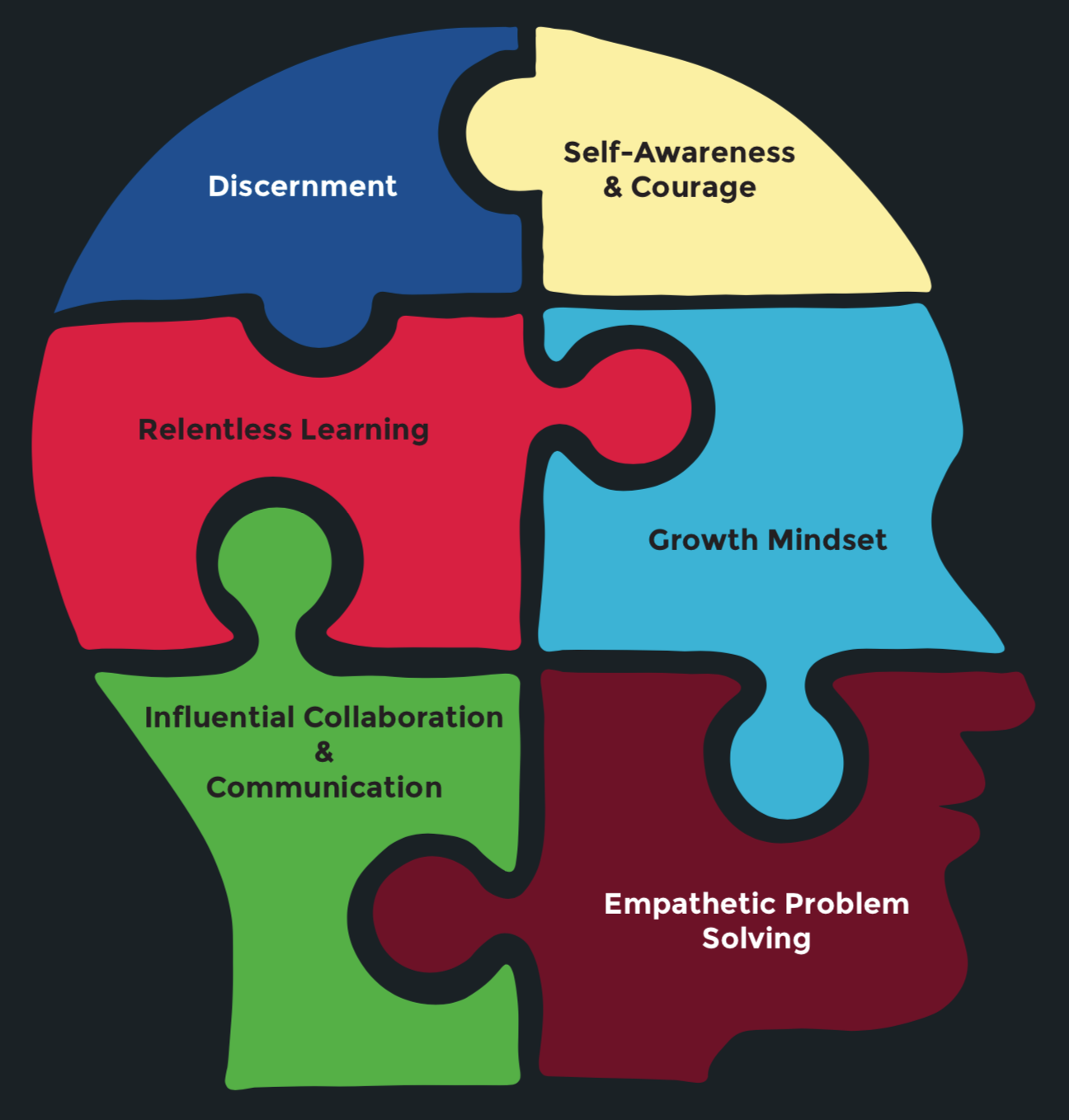A Social Impact Navigator to Guide Your Impact Activities
November 15, 2019 | By Casey Doherty
Georgetown students are encouraged to be “people for others.” We are taught to give back to our communities and jump into social impact work. Here at the Beeck Center, we conceptualize social impact as looking at how the current system affects people, and focusing on how to improve that impact through a systems-level approach.
You might know you want to make a difference. However, it can be difficult to identify the best space in which to work on honing your strengths and areas for development in the social impact sphere. In my experience, Georgetown seems decentralized – so many organizations are doing amazing work, but they are isolated from each other. It’s daunting to discern which opportunity would be best for you, both in terms of the value you can add to the organization, and the skills you will gain from joining the venture. Hoyas care deeply about “making a difference” in their communities but many students don’t know where to begin.
A critical step in the process is developing a self-awareness of one’s strengths and areas for development, enabling intentionality in these decisions. The Beeck Center is working to make this process easier. The team I am a part of created a tool called the Social Impact Navigator, which helps students navigate their social impact journey. Students complete a self assessment, then we help them identify programs at the Beeck Center that will hone their strengths and improve their development. Over time and through collaboration, we’re looking to share this tool with programs across Georgetown and beyond.
The Social Impact Navigator identifies the six skills critical for effective social impact leadership.

Growth Mindset: Leaders must have a growth mindset that enables them to appreciate complexity, creatively embrace challenges, see opportunity where most others see dead-ends, and take risks with an experimental attitude.
Relentless Learning: Leaders must be lifelong learners. Driven by their relentless pursuit of knowledge, leaders go beyond building the cognitive skills necessary to execute their ideas and eagerly pursue opportunities to grow their knowledge base and adapt to our changing world.
Self-Awareness and Courage: Leaders constantly work on building their self-confidence and courage, balanced with humility, so that they are prepared to act when others hesitate. Self-aware and courageous leaders take initiative, whether or not the path is conventional, to change a system for the better.
Influential Collaboration and Communication: To ensure the sustainability of their ideas, leaders must trust others. Leaders must have the flexibility to work in multidisciplinary teams, communicate across sectors, mobilize diverse groups of people, and inspire them to work together towards a common goal. Working across differences and actively seeking new perspectives is critical for savvy and effective social impact leadership.
Empathetic Problem Solving: Leaders must be willing to listen, withhold judgment and acknowledge preconceived notions. They must empathize with people to better understand the underlying root-cause of a challenging situation. Once empathetic leaders have fully understood a problem, they can then develop and implement a solution that serves the common good.
All of the above-mentioned skill areas make for a great leader, but this final skill is what makes a social impact leader:
Discernment: Leaders take time to reflect on how their actions align with their purpose and most deeply held values. This discernment lights their path and ensures that no matter the problem or sector, they never lose sight of the common good.
I wonder what paths I would have followed if I’d had this tool when I arrived as a first-year student. As a senior, I see all of the opportunities to engage in the social impact space both on and off-campus, and with some guidance on connecting my skills and strengths to existing impact programs and organizations, I could have begun my social impact journey earlier. I am excited to release this tool to the student body and watch all the amazing things Hoyas are able to accomplish.
The Social Impact Navigator program is starting here at the Beeck Center, but our goal is to expand its use through adoption and collaboration, bringing it to scale. We want to share our knowledge of how to navigate the social impact space and equip social impact leaders everywhere with the tools needed to create positive change.
Casey Doherty is a student analyst at the Beeck Center for Social Impact + Innovation, studying Government and American Studies at Georgetown University. Connect with her on email at cgd43@georgetown.edu.